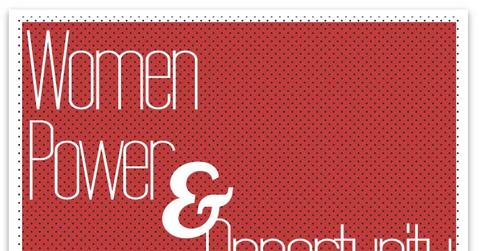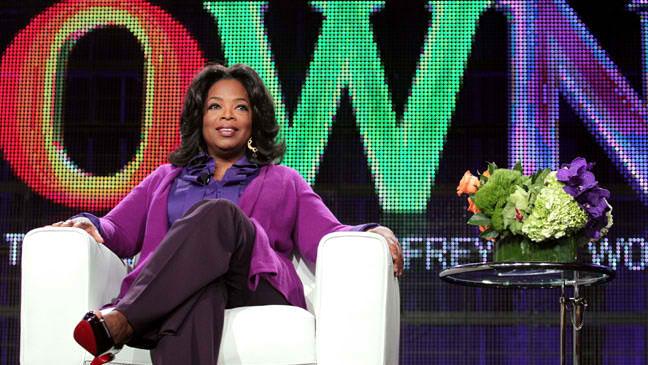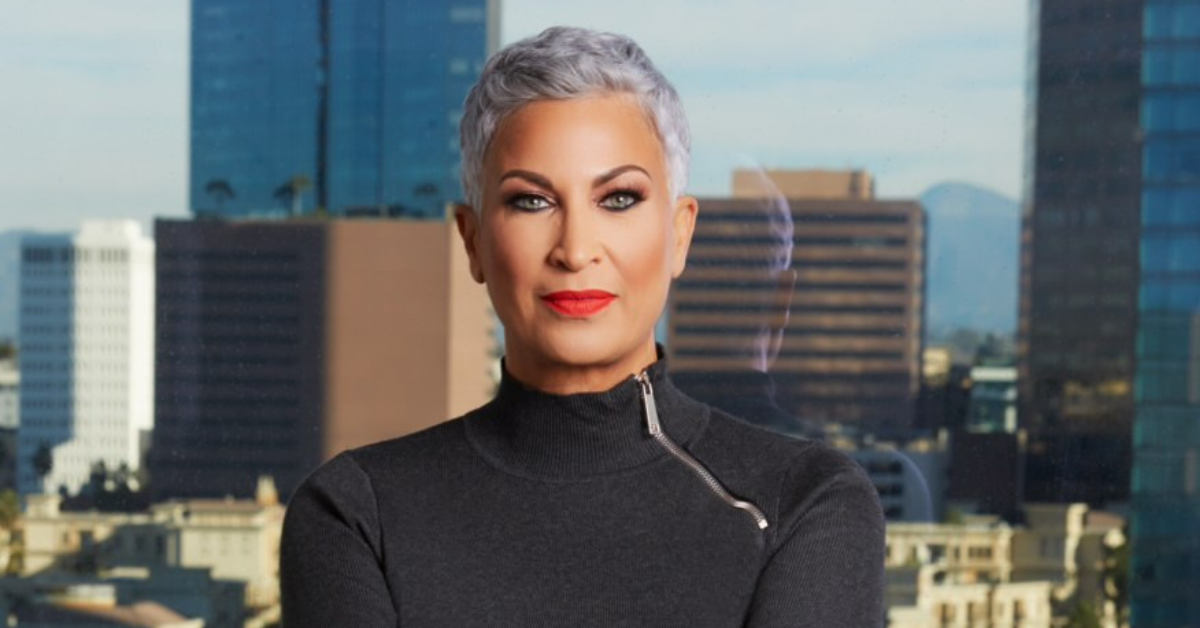Women, Power & Opportunity

Sheryl Sandberg, Hilary Clinton, Michelle Obama these are all women of power, but are they the exceptions or the rule? As women become the bread winners, with more earning degrees, and navigating their way through the ranks of their careers how is society tackling the notion of women and power?
With every major victory a woman achieves, her gender is still a factor as society dissects and discusses what the achievement means. Most recently, Sara Blakely made the cover of Forbes magazine and is being touted as the youngest self made woman billionaire to make the list. A part of the hype has been the fascination that she did this all on her own merit, without an inheritance and without a husband
Today, as women enter the job market, they are more equipped, requiring less training and therefore the ability to move up the ranks faster. Employers, voters, and executives, in most cases, do not claim that they eschew women applicants because they are women, but instead they cite other factors outside of their gender.

This bias results in less women sitting at the top, and less role models for women just starting out to look up to.
Role models in positions of power are important. Scholar Sue J. Freeman conducted a study (2001) called “Women at the Top: “You’ve come a Long Way, Baby,” where she examines women and power in the business world. She finds several trends including the need for an example of leadership in the expansion of women entering the roles they were previously been excluded from.
Other studies find women are reluctant to seek power because of a fear of the role that comes with increased power and the cultural notion that “normal women are not interested in power.”
A discussion of societal views about power and leadership roles is important because the stereotypes that exist directly affect opportunities that become available for women.
Opportunity is the key to having access to potential power in society. The ability to break down patriarchal structures rests within women’s realization of their agency.

Despite a lack of role models, empowering one’s self is possible as “the ingredients for success are a combination of personal qualities and interactions with an organizational context” according to Freeman’s research. And things are looking up as a now record 18 women currently hold CEO positions at Fortune 500 companies up from 12 in 2011. However, we do still have a long way to go.
With every day that passes, and every new crop of young ambitious women entering the “real” world, the long journey for women at the top becomes shorter and shorter. And with each progressive stop more and more women continue to look to each other, help bring each other up, and inspire each other with the possibility of what could be.






